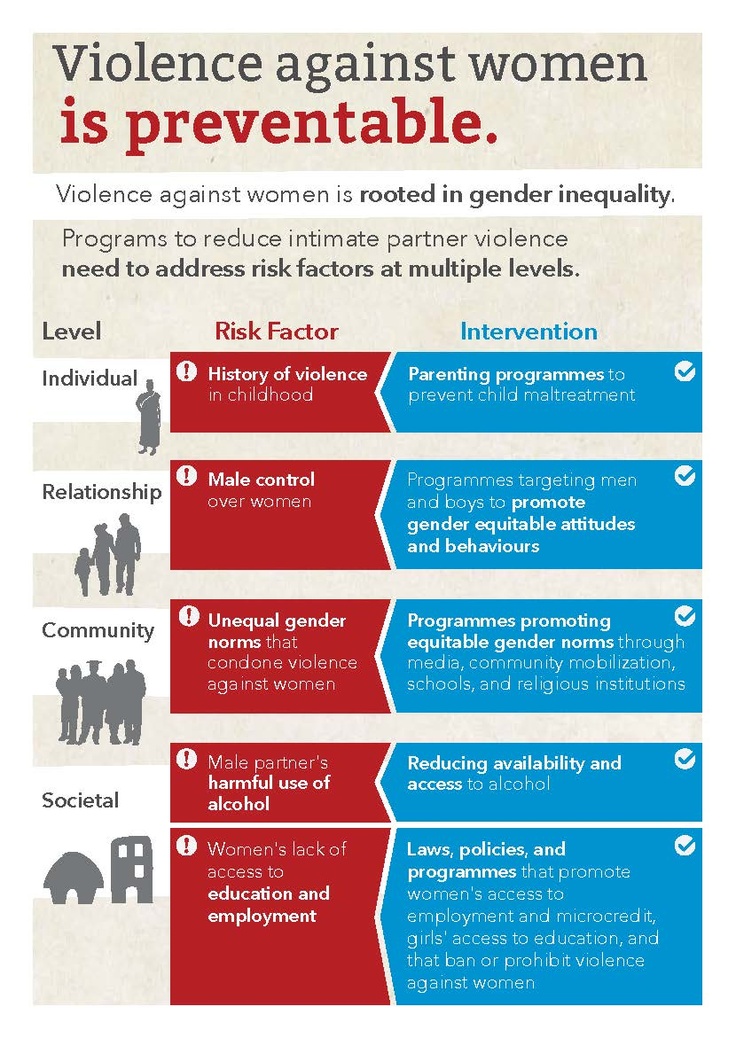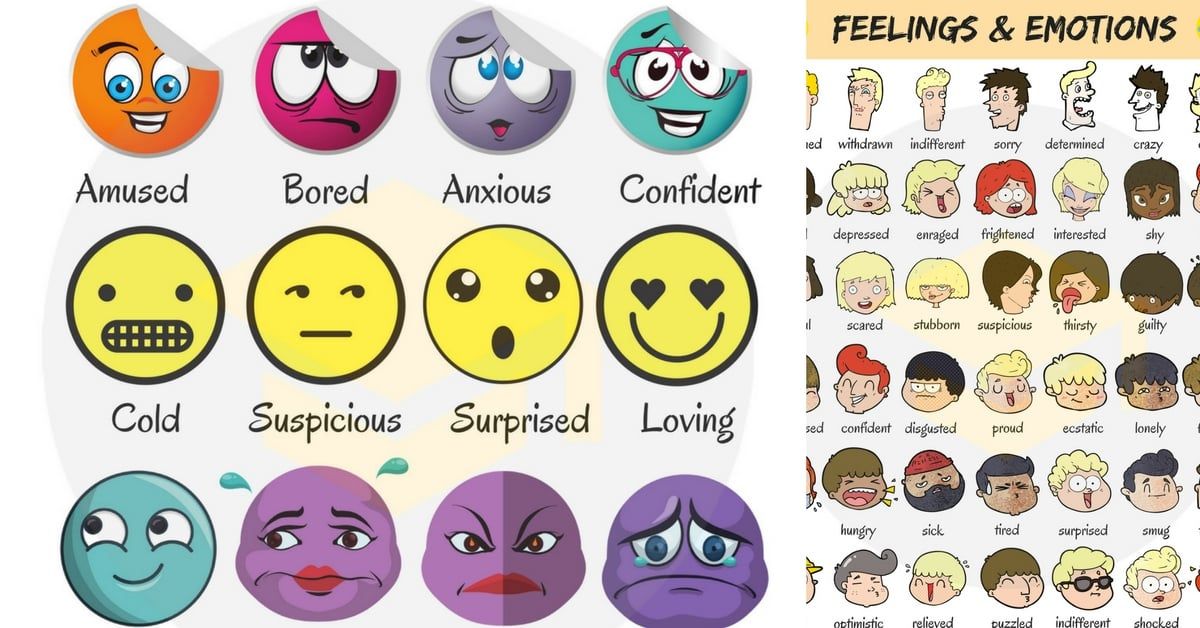What causes someone to be a perfectionist
What Causes Perfectionism?
The root of perfectionism is believing your self-worth is based onyour achievements
Perfectionism is often present when somecombination of these factors exist:
- Rigid, high parental expectations
- Highly critical, shaming, or abusive parents
- Excessive praise for your achievements
- Low self-esteem or feeling inadequate
- Believing your self-worth is determined by your achievements
- Black-and-white thinking
- Efforts to feel in control
- Cultural expectations
Many perfectionists grew up with unrealistic expectations from parents, caretakers and/or themselves.
Perfectionism is encouraged in some families. Sometimes parents knowingly or unknowingly establish perfection as the standard. These parents require straight As in school or flawless piano recitals.Mistakes are also harshly punished in these families. The punishment may be severe, even abusive. This can include name-calling, yelling, shaming, the silent treatment, and physical punishment.
It is conveyed to the child,in words or actions,that mistakes will not be tolerated.
Young children have a strong desire to please adults, even abusive adults. Children dont have the thinking skills or life experience to understand that sometimes adults are wrong. Children are at the mercy of adults when it comes to building their self-worth. If an adult tells a small child that s/he isa failure, not smart enough, too fat, or not talented, the child will internalize this message. The child will believe this is true and then continue to find evidence to support this point of view.
Perfectionism can also be learned by children growing up around highly successful, perfectionist parents who model this way of thinking and acting. Perfectionism is encouraged when children arepraised excessively for their achievements rather than their efforts or progress.
Perfection becomes a way to gain acceptance, love, and praise
Being perfect can also be a defense against a chaotic, unpredictable or unsafe home. Having impeccable grades or a restrictive diet may create a sense of control and predictability.
Having impeccable grades or a restrictive diet may create a sense of control and predictability.
Culture and the media also have a strong influence on perfectionism. Most American media outlets still feature tall, very slim, Caucasian models. Children grow up with this unattainable vision of beauty. We are saturated with this message, making it easy to believe that if we dont look like those models, we are not pretty enough or goodenough.
Some cultures and institutions such asschools promote a perfectionist mindset. In these situations, it’s not just a family or parent, but a larger system that is teaching and reinforcing that there is an exacting standard of worthiness and anything less is a failure or sign of inherent unworthiness.
For others, perfectionism is self-imposed. Even if your parents didnt expect perfection, you may have set this standard for yourself.
If no one explicitly accepted you just as you are, you may turn to achievement as a measure of self-worth.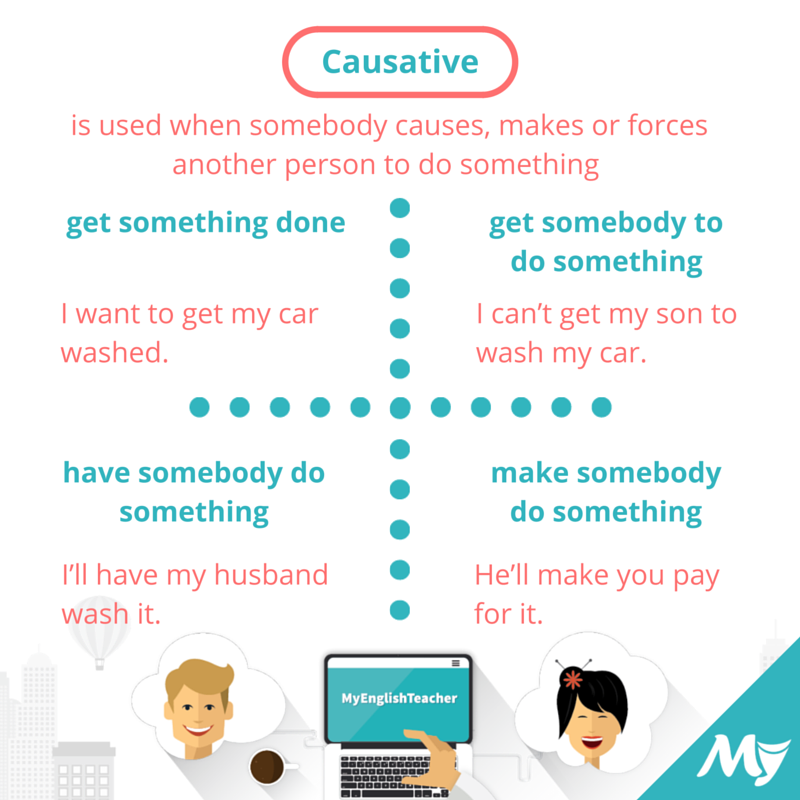 I want you to untangle this connection. Your achievement is not who you are. Successis not a measure of your worth. You are perfectly flawed and perfectly wonderful all at the same time.
I want you to untangle this connection. Your achievement is not who you are. Successis not a measure of your worth. You are perfectly flawed and perfectly wonderful all at the same time.
I invite you to continue reading the Happily Imperfect Blog to learn more. And your suggestions for articletopics related to perfectionism are always welcome in the comments.
******
Join me on Facebook. More articles. More inspiration. More happiness!
Images courtesy of FreeDigitalPhotos.net
Perfectionism | Psychology Today
Reviewed by Psychology Today Staff
Perfectionism is a trait that makes life an endless report card on accomplishments or looks. When healthy, it can be self-motivating and drive you to overcome adversity and achieve success. When unhealthy, it can be a fast and enduring track to unhappiness.
What makes extreme perfectionism so toxic is that while those in its grip desire success, they are most focused on avoiding failure, resulting in a negative orientation. They don’t believe in unconditional love, expecting others’ affection and approval to be dependent on a flawless performance.
They don’t believe in unconditional love, expecting others’ affection and approval to be dependent on a flawless performance.
Contents
- What Causes Perfectionism?
- The Dangers of Being Perfectionistic
What Causes Perfectionism?
Perfectionism is driven primarily by internal pressures, such as the desire to avoid failure or harsh judgment. There is likely a social component as well, because perfectionistic tendencies have increased substantially among young people over the past 30 years, regardless of gender or culture. Greater academic and professional competition is thought to play a role, along with the pervasive presence of social media and the harmful social comparisons it elicits.
What are the signs that someone is a perfectionist?
Perfectionists set unrealistically high expectations for themselves and others. They are quick to find fault and overly critical of mistakes. They tend to procrastinate a project out of their fear of failure. They shrug off compliments and forget to celebrate their success. Instead, they look to specific people in their life for approval and validation.
They are quick to find fault and overly critical of mistakes. They tend to procrastinate a project out of their fear of failure. They shrug off compliments and forget to celebrate their success. Instead, they look to specific people in their life for approval and validation.
What are the different kinds of perfectionism?
Perfection manifests itself in three domains. Self-oriented perfectionism is imposing an unrealistic desire to be perfect on oneself. Other-oriented perfectionism means imposing unrealistic standards of perfection on others. Socially-prescribed perfectionism involves perceiving unrealistic expectations of perfection from others.
Is perfectionism a mental illness?
Perfectionism is a personality trait that can be harmful when taken to extremes. While not considered a mental illness itself, it is a common factor in many mental disorders, particularly those based on compulsive thoughts and behaviors, like obsessive-compulsive disorder (OCD) and obsessive-compulsive personality disorder (OCPD).
The Dangers of Being Perfectionistic
Perfection, of course, is an abstraction, an impossibility in reality. When taken too far, the striving for perfection can lead to negative outcomes, like procrastination, a tendency to avoid challenges, rigid all-or-nothing thinking, toxic comparisons, and a lack of creativity. Maladaptive perfectionism is often driven by fear of failure, feelings of unworthiness, low self-esteem, and adverse childhood experiences. It is frequently accompanied by depression, anxiety, obsessive-compulsive disorder, eating disorders, and even suicidal impulses.
Is perfectionism ever good for you?
There is a difference between striving for excellence and demanding perfection. Adaptive or positive perfectionists set lofty goals, have high standards, and work relentlessly hard for their success; they are achievement-oriented, whereas maladaptive perfectionists are failure-oriented.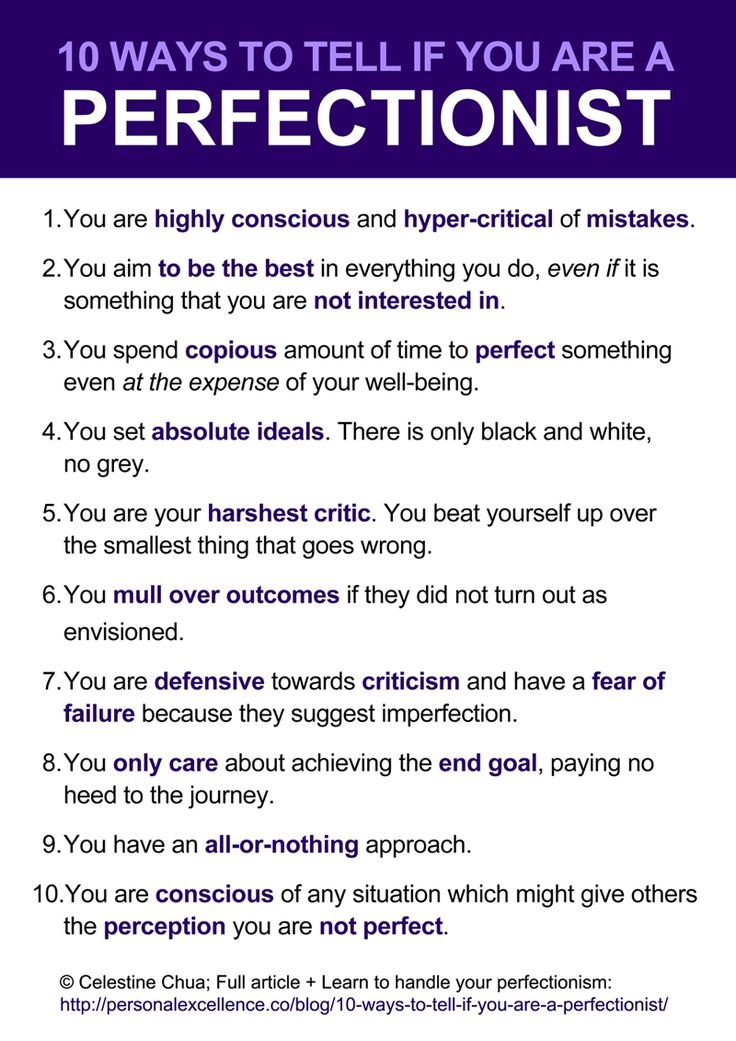 Adaptive perfectionists desire growth, enjoy being challenged, and problem-solve well. Their perfectionistic tendencies are a strength, not a weakness.
Adaptive perfectionists desire growth, enjoy being challenged, and problem-solve well. Their perfectionistic tendencies are a strength, not a weakness.
How can you overcome perfectionism?
Letting go of the comparison mindset can help people achieve at a high level, without being beholden to some impossibly perfect ideal. They can do this by practicing mindfulness and being present in the moment, using compassionate self-talk, and challenging negative self-judgments. The key is to realize that an endeavor can be worthwhile even if it’s not perfect.
What is the difference between perfectionism and OCD?
The terms “perfectionist” and “OCD” are often used interchangeably, but they are not the same. Perfectionism is a personality trait characterized by high expectations and standards, while obsessive-compulsive disorder (OCD) is a psychiatric condition where a person experiences intrusive thoughts and/or repetitive behaviors they are unable to control.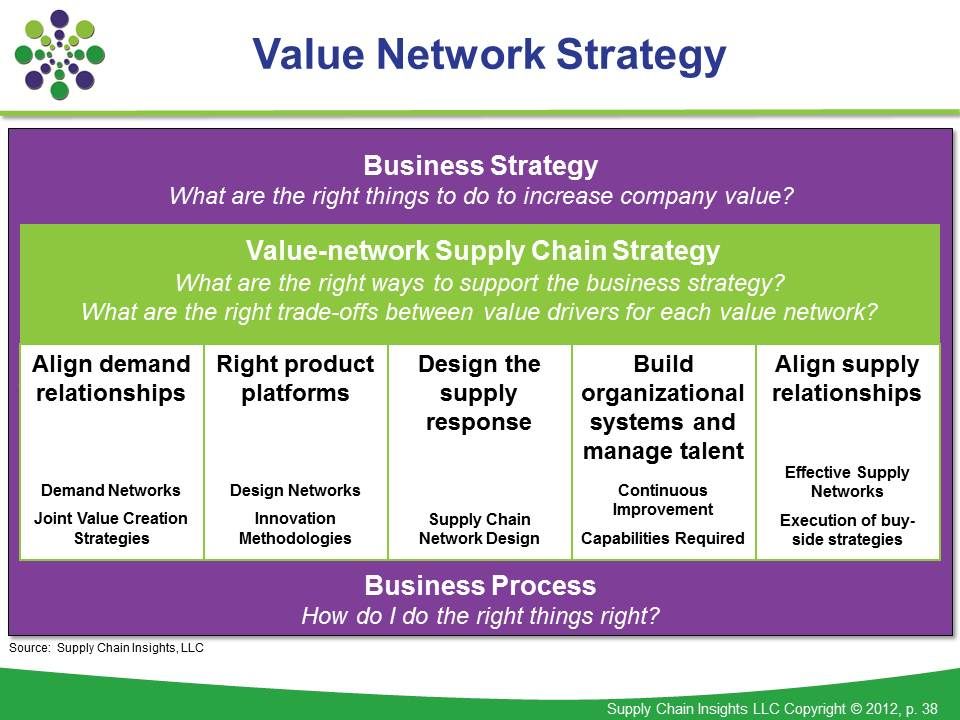 Perfectionistic tendencies may or may not be a symptom of OCD.
Perfectionistic tendencies may or may not be a symptom of OCD.
Essential Reads
Recent Posts
Perfectionism: what is it, test, causes and ways to fight
Do you feel pain from any imperfection? It is quite possible to get rid of it.
Angelina Duka, Candidate of Psychological Sciences, Cognitive Behavioral Psychologist, Alter Psychologist Recruitment Service Specialist
Advertising on RBC www.adv.rbc.ru
- Perfectionism - what is it
- Test
- What Perfectionism Hides
- How to fight
What is perfectionism
Perfectionism is the desire to be perfect, perfect in everything. The essence of perfectionism is that we make too high demands on ourselves and others and believe that they should be easily realized.
Why is striving for perfection bad? To many, perfectionism may seem like a virtue, as it leads to more achievement, recognition, and protection from criticism.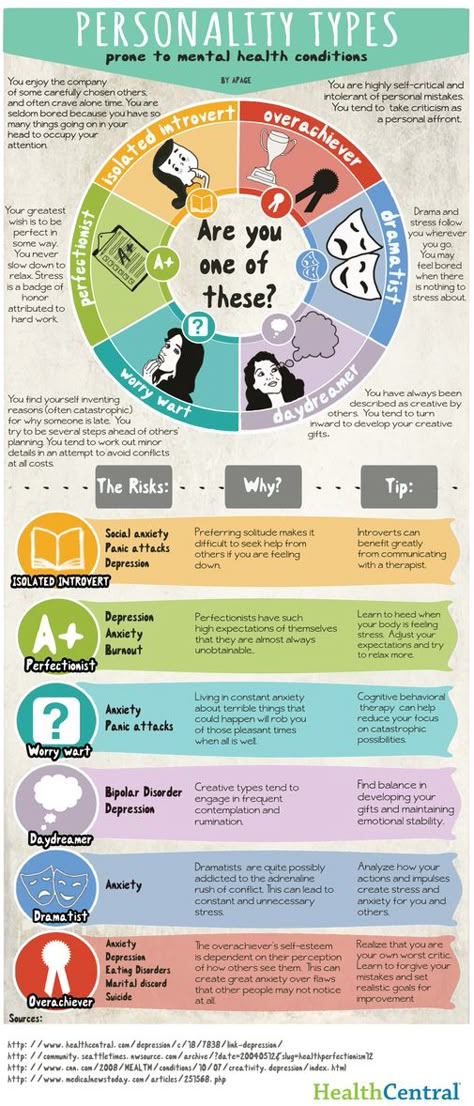 It's good to be demanding of yourself. After all, then we do better work, improve. But it is important to distinguish between healthy high demands and perfectionism. A perfectionist strives to never make mistakes and is unnecessarily hard on himself if they do happen.
It's good to be demanding of yourself. After all, then we do better work, improve. But it is important to distinguish between healthy high demands and perfectionism. A perfectionist strives to never make mistakes and is unnecessarily hard on himself if they do happen.
Perfectionists expect more than just success: they set the bar so high that anything that falls short of perfection is unbearable for them. Unlike a healthy desire for success, perfectionism is a rigid requirement to never fail or have any flaws.
So, the main difference between perfectionism and the normal striving for success lies in the attitude towards one's own shortcomings and mistakes. For perfectionists, one single mistake is enough to call themselves complete failures. This lack of thinking causes the perfectionist to fixate on the negative, preventing them from seeing the potential positives.
Because perfectionists don't accept anything that falls short of perfection and are stressed when they or others don't live up to expectations, perfectionism becomes too burdensome. Ultimately, perfectionists feel worse and stop enjoying life.
Ultimately, perfectionists feel worse and stop enjoying life.
Still from Desperate Housewives
© Kinopoisk
Perfectionism Quiz
Here are signs of perfectionism that can help you look at yourself from the outside. Saying "yes", "no", "maybe", you will not get a clear answer, whether you are a perfectionist or not. In order to draw such a conclusion, a whole complex of "symptoms" must be present.
- You make unrealistically high demands on yourself.
- You make high demands on others and often notice that they do not meet them.
- You feel that others have high expectations of you.
- You worry a lot about mistakes and blunders.
- You are rarely satisfied and think that more can always be achieved.
- You are sensitive to criticism and try to avoid it.
- You are very self-critical.
- You are critical of others.
- You are afraid of disappointing others.
- Your expectations are often unrealistic, leading to disappointment or frustration.

- You are always busy.
- You rarely take sick leave.
- You are obsessed with planning, lists, schedules and summaries.
- You try not to make mistakes and see only the negative in them.
- You dwell on your mistakes and shortcomings.
- You define your worth by achievements.
- Even when you succeed, you feel that it is not enough or that more could have been achieved.
- You prefer to do everything yourself, for fear that others will spoil everything.
- You put off tasks and can't start doing them because you're afraid you won't do them perfectly.
- You are afraid of failure.
- You tend to think for a long time or get hung up on something.
- You are always careful.
- You do not like to try new things, especially when there is a possibility of getting into trouble, showing your incompetence or falling short of the level of others.
- You are a workaholic who disappears at work and sacrifices his personal life for her.

- It is difficult for you to rejoice in the success of others.
- You need to win at any cost.
- You always want to keep everything under control.
- Despite many achievements, you do not feel successful.
Perfectionists have a special way of thinking. Such people tend to see everything in black and white, they are categorical and very critical of themselves and their actions. For a perfectionist, there is no compromise: "If I don't succeed at this, I'll be a failure." This way of thinking means that they always need to prove their worth. Perfectionist thinking makes him spin every day like a squirrel in a wheel, and constantly strive for self-affirmation. The problem is that for perfectionists, it equals perfection, and yet it is unattainable.
What lies behind perfectionism
Perfectionism can serve as a kind of shield against exposing the shortcomings and mistakes that a person is so afraid to show. The perfectionist's fears revolve around the idea of being inferior and being judged and rejected by others.
Perfectionists also have unrealistic expectations of themselves: they must be perfect. Perfectionists believe that others place as high demands on them as they do on themselves, and as a result, they often keep people at a distance and show only their good qualities for fear of what they think of them.
The perfectionist's fears consist of a variety of cognitive distortions (thinking errors). Here are some of them:
- Polar thinking. You see only extremes, there is no middle ground.
- Mind reading. You think you know what other people think.
- Overgeneralization. "Everything in my life was bad."
- Excessive requirements. You make higher demands on yourself than on others.
- Catastrophization. You always expect the worst.
- Obligation. You evaluate and criticize yourself in terms of how you should be and what you should do.
Still from the film "Obsession"
© Kinopoisk
How to deal with perfectionism? 3 ways
Unfortunately, there is no quick solution to the problem of perfectionism.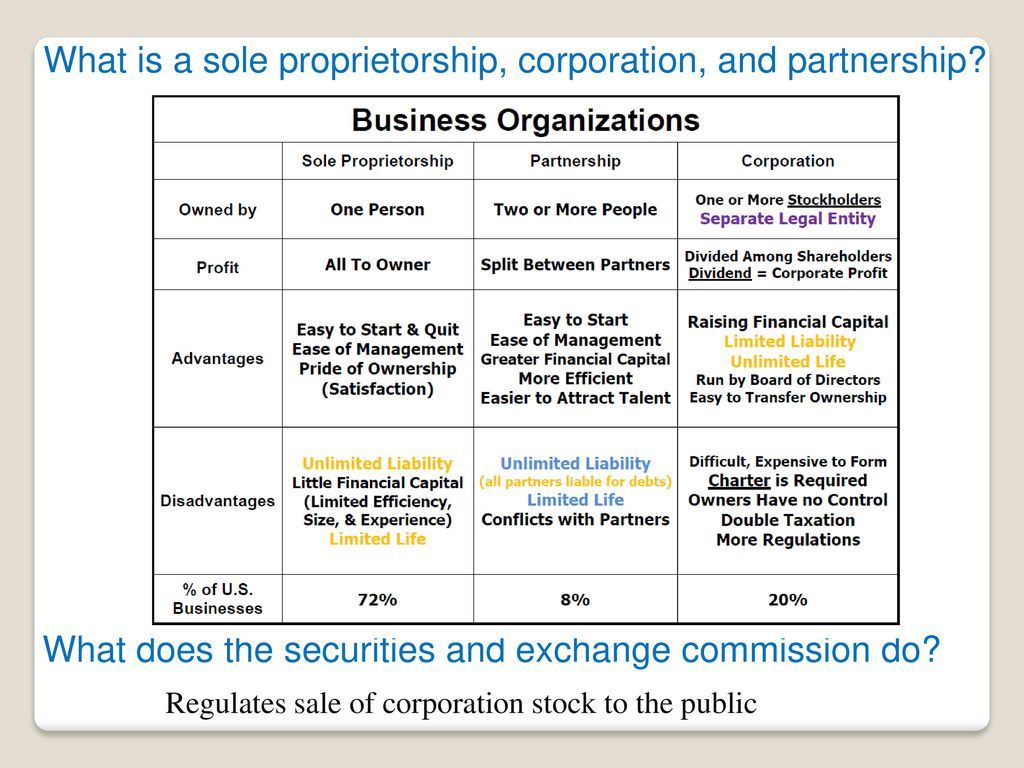 But the key to any change in thinking and behavior is regular practice.
But the key to any change in thinking and behavior is regular practice.
Cognitive Bias Diary
You can try keeping a spreadsheet on a regular basis to identify some of the cognitive biases that underlie your thinking. The list of cognitive distortions is given above. Write them down in a notepad or file, and next to them write out your own examples of such distortions. Do this exercise every day for several weeks, and you will better understand how the fears of a perfectionist affect your thoughts and actions.
Thought Restructuring
Thought Restructuring is a process that can be used for awareness, critical reflection, and replacement of cognitive distortions.
Step one. Write down your negative beliefs. For example: “If I don’t get this position, then I won’t have a good career.” "If I fail at a performance, it will be unbearable."
Step two. Check these beliefs for distortions. Do you notice that your thoughts contain cognitive errors? Don't get hung up on determining their type - it's important to just see what they are.
Step three. Question the distortion. Try to find objective confirmation or refutation of this thought.
The following questions will help you test the validity of your beliefs:
- What evidence supports this thought or belief?
- Do I have a trusted friend with whom I can check this idea?
- Is this thought constructive?
- Can I look at this situation or at myself from a different angle?
- Do I blame myself unreasonably?
- Who or what else besides me contributed to this situation?
- Is it in my power?
- Am I generalizing too much?
- Am I making unreasonable assumptions?
- What would I say (or say) to a friend in a similar situation?
- Are there any nuances that have gone unnoticed?
- Do I expect the worst?
- Am I making unreasonable or excessive demands on myself?
- Are there exceptions to these extremes?
- Do I take everything personally?
- Who decides what I should (or should) do?
- Is this in line with my values?
- Are my expectations realistic?
- Do I expect perfection from myself?
Fourth step. Replace distortions with realistic beliefs. Referring back to the example above, a new thought might look like this: “I would really like to get this job, and I will try to prepare as well as possible for the interview. But if I am not hired, it does not follow that I am a worthless specialist and my career is over. There are many reasons why they might not take me, and not all of them I can influence. And there are other jobs on the market, perhaps even better than this one.”
Replace distortions with realistic beliefs. Referring back to the example above, a new thought might look like this: “I would really like to get this job, and I will try to prepare as well as possible for the interview. But if I am not hired, it does not follow that I am a worthless specialist and my career is over. There are many reasons why they might not take me, and not all of them I can influence. And there are other jobs on the market, perhaps even better than this one.”
Moving from self-criticism to self-compassion
Moving from self-criticism to self-compassion means starting to treat yourself with compassion and care. Self-compassion involves speaking kindly to yourself, forgiving yourself, comforting yourself, taking care of your health and relaxation (such as taking time to enjoy a cup of tea at the end of a hard day), and being able to treat your body with love (such as getting a massage) .
American psychologist Christine Neff identifies three components of self-compassion:
- in difficult times, be kind to yourself instead of judging and criticizing;
- remember our common human nature, in particular that we all face similar difficulties;
- to be aware, that is, attentive to your feelings, but do not belittle or exaggerate your pain.

One can learn to be more compassionate towards oneself. To do this, we first need to recognize that we are dealing with certain difficulties. You scold yourself for not being able to do everything and everywhere perfectly, but if, for example, you work, while raising a small child and getting a second higher education, you must admit that it is really difficult to combine all this. Admitting one's hardships can be surprisingly difficult, as it requires conscious attention to one's thoughts and feelings, as well as physical sensations in the body.
Perfectionists tend to deny their shortcomings, problems and experiences, as they see them as evidence of their own worthlessness. That is why it is especially important to work on transforming self-criticism into self-compassion. Being kind to yourself can be a natural antidote to perfectionism.
Tags: psychology
Perfectionism: evil or good? - Vedomosti
“Tell us about your shortcomings” is one of the standard interview questions. As a rule, the answers are also quite standard. Savvy candidates modestly say they are workaholics. The second most popular flaw that people willingly admit is perfectionism.
As a rule, the answers are also quite standard. Savvy candidates modestly say they are workaholics. The second most popular flaw that people willingly admit is perfectionism.
At the same time, when you start to develop this topic further, asking: “What do you understand by this? How does this quality affect your work efficiency and your relationships with colleagues and subordinates? How do you prioritize? If you think that this is your shortcoming, how do you work on yourself and what success have you achieved? - it is not always possible to get clear explanations.
Perfectionism is not uncommon in office life. According to the results of the annual staff assessment, perfectionism stands out as an “area for development” for many employees. At the same time, employees do not always understand what restrictions perfectionism imposes on their work style, and they do not know what exactly they need to change in themselves in order to turn their disadvantage into dignity.
What is perfectionism? This is an excessive striving for perfection, a tendency to make very high demands on oneself and others.
Perfectionism is undoubtedly a hallmark of true professionals in their field. The desire to meet the highest standards, to be impeccable in everything, including minor, in the opinion of other people, trifles, makes adherents of perfectionism not to stop in their development, constantly improve their skills and the quality of work and demand the same from others. Many great people who left a mark on history were perfectionists. It is known that Leo Tolstoy rewrote his manuscripts countless times, or more precisely, his wife Sofya Andreevna rewrote them for him. Linder Kaney, in Steve's Head, tells how Steve Jobs spent six months forcing the design team to redesign the OS X scroll bar. The scroll bar in a computer program window is one of the most subtle interface elements; nevertheless, Apple's director was willing to delay the release of a crucial project in order to bring this tool to perfection. The unbridled perfectionism of Alexander the Great, who lamented that “there are countless worlds in the universe, and I still haven’t conquered one,” led him to brilliant victories and made him a household name.
On the other hand, the price of victory for perfectionists is high. Let's remember what epithets the same Jobs is awarded in his memoirs by his former colleagues: "a crazy tyrant and workaholic, a radical perfectionist who terrorizes everyone around him." The dark side of perfectionism is characterized by intolerance, intolerance to one's own and other people's shortcomings, which leads to constant internal tension, and sometimes to serious conflicts with others. One type of perfectionist drives only himself into the grave, the other type drives both himself and others.
Perfectionists are often dissatisfied with themselves because there is always room for improvement. They are sensitive to the opinions of others on their account: the desire to receive constant approval becomes an end in itself and overshadows the pleasure of the process and the result of the work, and criticism is accepted with great difficulty. Perfectionists do not cooperate with colleagues, but compete. They either drive their subordinates to insanity with constant edits, or simply refuse to delegate authority, because they are sure that other people will not cope with the task and “you still have to redo everything yourself.” “If you want to do a job well, do it yourself,” such employees say and sit in the office until night, bringing reports to perfection. Sooner or later, they begin to feel tired, anxious and hopeless, eventually becoming irritable and negative. In American thrillers, if the hero neatly aligns towels in the bathroom to a millimeter or carefully wipes his hands with a disinfectant solution after each handshake, then this means that he is a maniac with profound mental disorders. In life, everything is not so scary, but nevertheless, scientific research confirms that among perfectionists there are many people suffering from anxiety and depressive disorders.
They either drive their subordinates to insanity with constant edits, or simply refuse to delegate authority, because they are sure that other people will not cope with the task and “you still have to redo everything yourself.” “If you want to do a job well, do it yourself,” such employees say and sit in the office until night, bringing reports to perfection. Sooner or later, they begin to feel tired, anxious and hopeless, eventually becoming irritable and negative. In American thrillers, if the hero neatly aligns towels in the bathroom to a millimeter or carefully wipes his hands with a disinfectant solution after each handshake, then this means that he is a maniac with profound mental disorders. In life, everything is not so scary, but nevertheless, scientific research confirms that among perfectionists there are many people suffering from anxiety and depressive disorders.
In addition to the emotional component and problems in the team, perfectionists seriously suffer from work efficiency and time management. “Production per gram, labor per year. Exhausting a single word for the sake of a thousand tons of verbal ore. Is it always worth spending a year of hard work to get a gram of booty? Perfectionists want to do every job perfectly, no matter how important it is. At the same time, they do not stop there, they are ready to endlessly grind and polish the finished product, making more and more minor changes. As a result, work on the task takes longer than planned, deadlines are missed, and meanwhile other projects, perhaps much more important and strategic, are left without attention: they simply do not have enough strength physically. In addition, adherents of the “all or nothing” principle may simply not start a new business if they do not have confidence that they will cope with “five plus”.
“Production per gram, labor per year. Exhausting a single word for the sake of a thousand tons of verbal ore. Is it always worth spending a year of hard work to get a gram of booty? Perfectionists want to do every job perfectly, no matter how important it is. At the same time, they do not stop there, they are ready to endlessly grind and polish the finished product, making more and more minor changes. As a result, work on the task takes longer than planned, deadlines are missed, and meanwhile other projects, perhaps much more important and strategic, are left without attention: they simply do not have enough strength physically. In addition, adherents of the “all or nothing” principle may simply not start a new business if they do not have confidence that they will cope with “five plus”.
What advice can be given to perfectionists if they themselves have realized the need for change?
Set priorities. You need to teach yourself to separate the main from the non-main, to rank goals and projects in order of importance and significance, and depending on this, make decisions when you should give it your all and create a masterpiece without the slightest flaw, so that the board of directors gasps, and when you just need to do a job of normal quality, but quickly and efficiently. In financial management, there is such an indicator as return on investment, or the Benefit Cost Ratio: perfectionists should keep this in mind and measure their efforts against the expected return.
In financial management, there is such an indicator as return on investment, or the Benefit Cost Ratio: perfectionists should keep this in mind and measure their efforts against the expected return.
Schedule time. Before starting each project, you need to estimate the time for preparation and review, determine the deadline for the delivery of the project and do everything possible to meet the agreed deadline, even if at the last moment you want, as always, to rewrite everything in a new way.
Learn to trust other people. Among colleagues and subordinates, of course, there are talented and ambitious employees who want to develop and are ready to share responsibility with a perfectionist: they need to be given such a chance. You can start small: assign them simple but urgent projects similar to those that have been done before, so that people have a worthy example in front of their eyes.
Load yourself with a variety of tasks so that there is simply no time physically left for unnecessary embellishments. This is a rather extravagant method that may not suit everyone, but nevertheless I know people whom he helped soften their craving for constant edits and rework.
This is a rather extravagant method that may not suit everyone, but nevertheless I know people whom he helped soften their craving for constant edits and rework.
Understand and accept the fact that every person has the right to make mistakes. Negative experiences can be both educational and positive. Various kinds of mistakes help the brain of an adult to better absorb new information: when a person finds and corrects his own mistakes, he has to overcome certain difficulties, and this is precisely what helps to better remember the correct algorithm of actions.
Stop comparing yourself to other people and expect constant approval from others. There will always be someone who can do something better: it is impossible to surpass everyone in all areas. There will always be someone who will be dissatisfied with a perfectionist, and there will always be someone who will love and appreciate him, and not for his outstanding ability to make a great presentation or write a great memo to a client, but for other qualities or - just like that, for being he is.

